|
Consumerism is a social and economic order that encourages an acquisition of goods and services in ever-increasing amounts. Around Christmas time, we see a spike in this ideal. I always thought it was interesting that so many people took to shops mere hours after sharing a Thanksgiving meal to nearly trample others for some good holiday deals. There are many ways consumerism damages our minds. Here are a few: FEAR OF MISSING OUT (FOMO)
We want what they have, which can make us wildly unappreciative of the many things we do have that other may have to live without. FINANCIAL DEBT
While this is always a good option, it kind of encourages people to spend money they don't have. It can hurt to be unable to do what you would really like to for others over the holidays. However, most people who want what is best for you will be perfectly content with fewer gifts or even no gifts over the holidays. IT CAN MAKE US FEEL DEPRESSED
However, it can be sad if you want or need these things to produce better work, but you simply can't afford them. HOW TO ADDRESS THESE ISSUESThese are a few ways that your mental and financial health can be threatened by consumerism this season. Here are a few ideas to help you resist the urge to go into debt or to battle feelings of sadness related to FOMO:
0 Comments
Halloween is most known for scares and sweets, which can be daunting to those who are trying to stay healthy this season. What could prove to be difficult this season is teaching your children healthy habits to accompany celebrations this season. While I don't have my own children, I've watched a fair number of them and their attitude around the holiday. Today, I want to share with you four health and wellness concepts you can teach to your children this Halloween. 1: HOW TO EAT CANDY IN MODERATION
Now, don't get me wrong, I don't think they should have to do anything they wouldn't normally do for the candy. If they usually do their homework or do some exercise, this will be OK. They already kind of worked for the candy by walking to each house. Just teach them how to eat it a little at a time and teach them about what can happen if they eat too much candy at once (belly aches, sugar rushes, etc.). 2: HOW TO CHECK PACKAGING
This is so terrifying. I'm not even a mom and it breaks my heart to know that some kids might fall victim to this over the season and, unless you're paying close attention to where each piece of candy is coming from, you likely won't be able to know who gave your child this disturbing treat. You can follow this guide that I found to check your candy and keep hazardous things away from your children. 3: WALKING TO TRICK-OR-TREAT
4: MENTAL HEALTH STIGMA
It would be really helpful if you tell your children that the straight-jacket-wearing, bug-eyed, hysterically laughing crazy person is just a stereotype linked to mental illness. It is important that they know some people do fit that descriptor, but it is rarer than someone with more common mental illnesses like depression and anxiety.
As a mental health advocate myself, I always think teaching your children about mental health and letting them know that they can talk to you is always a good idea. Halloween, for this reason, could be a great teachable holiday for tackling this difficult topic with your children. I love Halloween and Spooky Season probably more so than anyone I know. Just ask my husband, who is already trying to get me to watch White Christmas when I want to watch Beetlejuice. I myself have general anxiety disorder, and I know several others who have various mental issues such as depression and PTSD to name a few. While I love Spooky Season, and I know a lot of them do too, it might be a difficult time for others with the same illnesses. In today’s post, I want to talk about the four ways Spooky Season can harm people with mental illnesses. 1: IT IS A GENERALLY FRIGHTENING TIME On top of the increase of frightening activities, there are people dressing up in what might be horrifying costumes to some. Scary costumes can be a trigger for people with PTSD or anxiety depending on how the costume relates to the person and their experiences. 2: IT CAN BE A TIME FILLED WITH MENTAL HEALTH STIGMASIt might be annoying or difficult for someone with a mental illness or someone who is a family member of a person with a severe mental illness, to see costumes involving straight jackets or other things associated with “crazy people.” These are also mental health stigmas that the community is trying to overcome. It is harder to normalize and talk about mental health issues when they are portrayed this way. 3: PRESSURE FROM FRIENDS TO PARTICIPATE IN HAUNTED HOUSES OR TRAILS I wouldn’t call what my friends did “pressure,” because they always let it go and never made me feel bad about it. However, I know some friends will make their friend with anxiety or another mental illness feel terrible for not going with them. HOW TO PREPAREThis section is really for those who may be affected by these triggers. If you are one of these people, be sure to stay away from Halloween parties and events, as costumes might be at play here. This will also help you avoid negative stigma. Be as firm as possible with your friends, and try to be honest with them. If you believe going to a haunted house or on a haunted trail will trigger an attack, do not be afraid to tell them that. College season is rapidly approaching. Some of you reading this might already be in college or have children who are already on campus somewhere. Trust me when I say that the freshman 15 (or the freshman 50 for some people) is a thing. Additionally, burnout, anxiety disorders, and depression can form during collegiate years. I will say that I didn't do the best I could to stay and my best. But, I know some things now that I wish I had known then! In today’s #WellnessWednesday post, I will be giving you a few tips to assuring your mental and physical health stays as balanced as possible during your time in college. Let’s get started! LEARN QUICKLY THAT IT IS OK TO SAY NO
Learning quickly to say no so that you can focus on your mental health and your scholastic health will be good in the long run. DON’T TREAT THE CAFETERIA LIKE A BUFFET
It may be tempting at first, but use your will power to keep yourself away from eating excessively. SAY NO TO FAST FOOD RUNS EVERY NOW AND THEN ENGAGE YOUR SPIRITFor some, this means going to church. For others, it may be meditation. Heck, some people may connect with their spiritual self with a face mask, a lit candle, and some soft music. Do what you can to engage your spiritual side. TRY TO WALK EVERYWHERE
I also wore makeup and dressed relatively nice at least a few days a week. I drove at that point. However, when I lived in my sorority house, I was able to walk to classes and the cafeteria with ease! MAKE YOURSELF A SCHEDULE
It is so important, and it is something I wish I had known years before.
Like many writers, I love to write about experiences that I have that I know other people have dealt with themselves. I recently noticed that most of my health and wellness posts are about keeping my brain healthy more so than keeping my body health. I need to have my head in the right mental state to start losing weight again. How many times can someone say that they were mentally or emotionally exhausted, so they ordered out for their dinner? As for me, I do this a lot. I don't have a physically demanding job. In fact, my job is considered a desk job. I spend my lunch time eating my lunch in hopes that it gives me the boost of mental energy I need to get through the day. I have the most energy in the morning, but spend that on my blog or YouTube channel trying to make it better. At the end of the day, I feel exhausted mentally. And, thanks to my anxiety disorder, I feel emotionally exhausted on some days.
An update on me, specifically, is that I am still maintaining my last weight loss weigh in. However, I'm really wanting to move forward and lose more, purely for my health. I found a few tips that are supposed to help motivate weight loss: 1: SET GOALS AND REWARDS
I plan to continue using the goals and rewards system to help motivate me. I need something awesome to work toward. 2: VIEWING WORKOUTS LIKE YOU WOULD A SHOWER, BRUSHING YOUR TEETH, OR EATINGSome health professionals say that you only really need about an hour workout to start losing weight while eating healthy. They say to look at working out as you would any other self-care routine. 3: USING HEALTH APPS
Some of my favorite health apps include the FitBit App as well as an app that tries to make sure you're drinking enough water. You basically get a virtual plant. When you drink water, you log it and your plant drinks water, too. Your goal is to help your plant grow big and strong. I also want to find some quick workout apps. If you have suggestions, leave them below! 4: ENTERTAIN YOURSELFShe is usually in a crate all day, and I sometimes wouldn't get to the gym until 4 or 5. I would stay for an hour and then get home at 6 or 7, leaving only a few hours for her to be out of her crate.
I'm thinking of listening to a podcast while I walk her in the mornings. I definitely think mornings are going to be better for me, mostly because it is cooler outside and I have more energy at that time. When I'm working, I find that listening to TedTalks can be therapeutic and enlightening. After having a tough week a few weeks ago, I decided to look up some TedTalks on attitude and anxiety. After clicking on one TedTalk and listening to it, I was recommended the below video from Isabelle Mercier-Turcotte. I promise that this 20 minutes will help change your perceptions on worry! SYNOPSIS
"What you tolerate, you worry about." According to Isabelle, more than 90 percent of Americans wake up worrying about something. She said that 40 percent of what we worry about will never happen. That's like putting a downpayment on a house you won't own. She goes on to talk about the fact that 30 percent of what we worry about has actually already happened! And 12 percent of what we worry about is health issues that aren't actually cause for concern. Isabelle wraps up her TedTalk with a formula for dealing with worry: H.E.R.O: H- Hush. Take some time for yourself and quiet your worries. E- Evaluate. Is this something worth worrying about, or one of those needless worries? R- Ritualize. Come up with a way to deal with worry. O- Own. Own yourself. Don't let others cause you to negotiate. WHY THIS SPOKE TO MEIt is so simple to change your perception on this. I'm not saying that I don't worry anymore, but simply that I worry a little less about trivial things. As a matter of example on a change that I've made, I have decided to delete my work email off of my phone. A ton of successful people do this. This has allowed me to stop checking my email when I'm not on the clock. I find that, sometimes, checking my email can cause stress when I'm supposed to be out of my work environment and in my home environment.
HOW TO DECIDE YOUR NON-NEGOTIABLESYour non-negotiable might be that you must leave time at the end of the day to spend an hour taking care of yourself. If anything interferes, you're not going to worry about it!
My non-negotiables are:
This is my base list! I'm still working on this and probably always will! I hope you will start taking this approach to dealing with worry. Burnout has become an increasingly big problem in our world today. It’s something that I am rather passionate about because I realized the other day that I have the occasional burnout myself. Burn-out: a state of emotional, physical, and mental exhaustion caused by excessive and prolonged stress. So today, I want to talk about what causes burnout as well as a few ways you can remedy it. Let’s get started: WHAT CAUSES BURNOUT?
They include fatigue, cynicism, headaches and other physical symptoms, emotional exhaustion, and reduced performance. There are a number of people who are susceptible to burnout more so than others. These people usually have a diagnosed mental health disorder such as depression or general anxiety disorder. However, burnout can happen to anyone and almost everyone reading this post can say that they’ve experienced it themselves. WHAT CAN YOU DO TO PREVENT BURNOUT?
However, many employees feel they have been handed far too many projects to do in far too little time. Being open to discussions on lightening workload can really help your employees feel better.
You need to know that you’re going in to an environment that is conducive to productivity and mental care. Lastly, and please read closely, take your earned vacation time! According to a survey from CNBC, only 28 percent of Americans plan to use all of their vacation days in 2019. Use them all! At some companies, you earn vacation and sick time each time you get paid. At others, you are given an allowance of days to use. Either way, they are a part of your benefits, so use them. SOCIAL MEDIA BURNOUT
Do you have tips for other content creators? Let everyone know in the comments below! Recently, I heard news that 12 people had been killed by a man in Virginia Beach. The man, who's name I don't want to share because I don't want to glorify or publicize him, was described as a "disgruntled employee" who came in and shot down 12 people, injuring several others in the process. Like everything else that happens after a mass shooting, the gun control debate came up yet again, despite the fact that the shooter was using a legally owned .45-caliber handgun with a silencer. Most gun control debates involve limiting the type of weapon, usually automatic weapons, available for sale to the public.
BUT WHY ARE WE SO FOCUSED ON THE TOOL OR METHOD OF KILLING RATHER THAN THE PERSON BEHIND IT? MENTAL HEALTH IN MASS SHOOTERS
As I mentioned before, today's post does not intend to take blame away from the mass shooter. However, there are very limited resources and a strong negative stigma associated with mental illness all over the world and in the United States. A lot of people either have no money to be treated for mental health problems, or they are told to just "get over it" by relatives, friends, classmates, teachers, and church officials. I have general anxiety disorder. This means that I get anxious about certain things. I still operate normally in life and try to keep my reactions behind closed doors between trusted people like my mom, best friends, or my husband. However, I have had to fess up to my disorder to a church official who told me that, despite physical ailments that were coming to light because of my anxiety disorder, I still needed to come to church every single service, even if that meant distracting others. I've had family members shrug off my issues. I've had coworkers unknowingly say things about my nervous energy in a bit of a negative way. Unless you've experienced my illness full-time, you don't know what it's like. Even if I told you. WITH MANY SIDE EFFECTS OF MENTAL ILLNESSES TRANSLATING TO PHYSICAL HEALTH, MOST PEOPLE WITH A MENTAL ILLNESS WOULD GLADLY "GET OVER IT" IF THEY COULD, BUT OUR BRAINS ARE SICK
HOW WE CAN ALL HELP1. STOP REACTING BADLY WHEN SOMEONE TELLS YOU ABOUT THEIR MENTAL HEALTH Mental health problems are becoming increasingly more common as the years go on. If someone tells you they have a major mental health issue, don't get "creeped out." Many people who have major health issues are getting treatment of some sort. Don't villainize those who are upfront about their struggles. 3. CONTACT YOUR REPRESENTATIVE ABOUT MENTAL HEALTH TREATMENT AND WORKER'S RIGHTS Your representative can bring up your concerns in front of other representatives. They can help normalize the mental health talk in your country. But another big thing that needs to be handled is worker's rights. A lot of other mass shooters are people who worked at the place they shot up, like the Virginia Beach shooting. Some employees who may have a hidden mental illness will try to take things into their own hands if their issues aren't being handled, if they feel there is a problem in the workplace, or if they feel unfairly compensated. There are companies that don't give lunch time to their employees, don't provide proper breaks, and threaten to black-ball the employee if they leave for a new job. Americans need more time off and need to be compensated fairly to avoid mental exhaustion which might lead to depression or general anxiety disorder. BE THE CHANGESpeak out about unfairness toward those with mental illnesses and disorders. Instead of droning on about what gun someone used, look at that person's humanity and ask if we as a nation did enough to prevent what happened not at the gun store, but in the school, workplace, and the home.
I will say once again that while mental illnesses can't be "controlled," most reactions from them can be. Those who have committed a mass shooting should not be excused for the awful atrocities they've committed. I just think there is a better way to handle this issue. I don't know why it has taken me so long to actually put myself first. The truth is that, if you're a mess, you can't trust that you'll be able to pull yourself together to handle someone else's mess. Mess is very broad. If you don't have yourself somewhat together, you can't have it together at a job, in a relationship, or in your business. So, I've come up with a self-care routine that will benefit me in 2019 and help me to live my best life! I've done many of these already, but I plan on adding some of them to my routine still. Check out my self-care routine. 1: LEAVE WORK AT YOUR WORK DESK
You can always do like my coworker did and disconnect your email account from your phone. You can also make a habit of letting things go to voicemail or let emails go unanswered. I still need to work on this, especially on sick and vacation days. However, I'm happy to do what I can to limit exposure to stress outside of the work day/work week. 2: TAKING CARE OF MY FACE
3: BODYWASH AND LOTION
4: MAKING A SCHEDULE
5: MAKING TIME FOR EXERCISE
6: STAYING AWAY FROM PERSONAL DRAMA
7: DO SOMETHING NICE FOR YOURSELF
CONCLUSIONThat's it! Those are the five things that I'm doing to take better care of myself. I need some more self-care tips! Let me know what you do to take care of yourself in the comments below!
Like most of my blog posts, today’s post was inspired by something that happened to me recently. I was speaking to a fellow creator during a lunch meeting last week, and she mentioned that she does a talk with other creators about handling the mean girls of the internet. So, today I want to focus the blog post on how to process catty, backhanded remarks or rude comments when you have anxiety. In the digital world we’re living in, it is easy to get wrapped up in rude comments and unkind exchanges, so I hope this will help anyone who deals with this frequently! I’m not certain where it gets its name, but I’m thinking that, because the back of your hand is usually softer and more sensitive than the palm, it means that the compliment or remark will hurt, but won’t hurt too bad. Let me give some examples: Ex. 1: Whenever you take photos, I always think you’ve lost so much weight. So, now that you understand, let’s get in to the way that you should respond when people say these types of things to you! 1: ABSORB THE COMMENT 2: DON’T RETURN THE JAB, BUT DON’T BE NICEBut for those repeaters, I don’t think you should respond by being kind. This makes it seem as though you are OK with the exchange and how they treated you. But returning the jab only lowers you to their level. Instead, respond neutrally or don’t say anything at all after the initial exchange. 3: TELL THEM YOU NEED TO PROCESS
4: TAKE THE TIME TO PROCESS How would any other person respond to this? Why does this exchange make me feel uncomfortable, sad, or angry? What were the intentions of the person who made the comment? Were they trying to help me or hurt me?” 5: ADDRESS THE EXCHANGE If they care about you, they will care about how they made you feel. You can adjust the amount of time you spend working with or hanging around the person based on how they make you feel. Some people are naturally offensive, and may not really care if they hurt you. If the person who made the comment is someone with whom you have to work with, and the situation is bad enough in your opinion, you can always go to your human resources officer and let them know how you handled the situation, what your processing revealed to you, and how your address about the exchange went. Usually, to keep the peace at work, HR will try to change schedules around so that there isn’t much confrontation. I HOPE THIS HELPS I really found that processing something instead of immediately reacting with questions, frustration, and anxiety about what went down is best. This can be super difficult for people who struggle with anxiety because we can’t really control how something messes with our mental health, and it can leave us in a funk all day.
I found that talking to friends and trusted family members helps when trying to process and address the exchanges that make you feel uncomfortable. |
Details
Categories
All
|
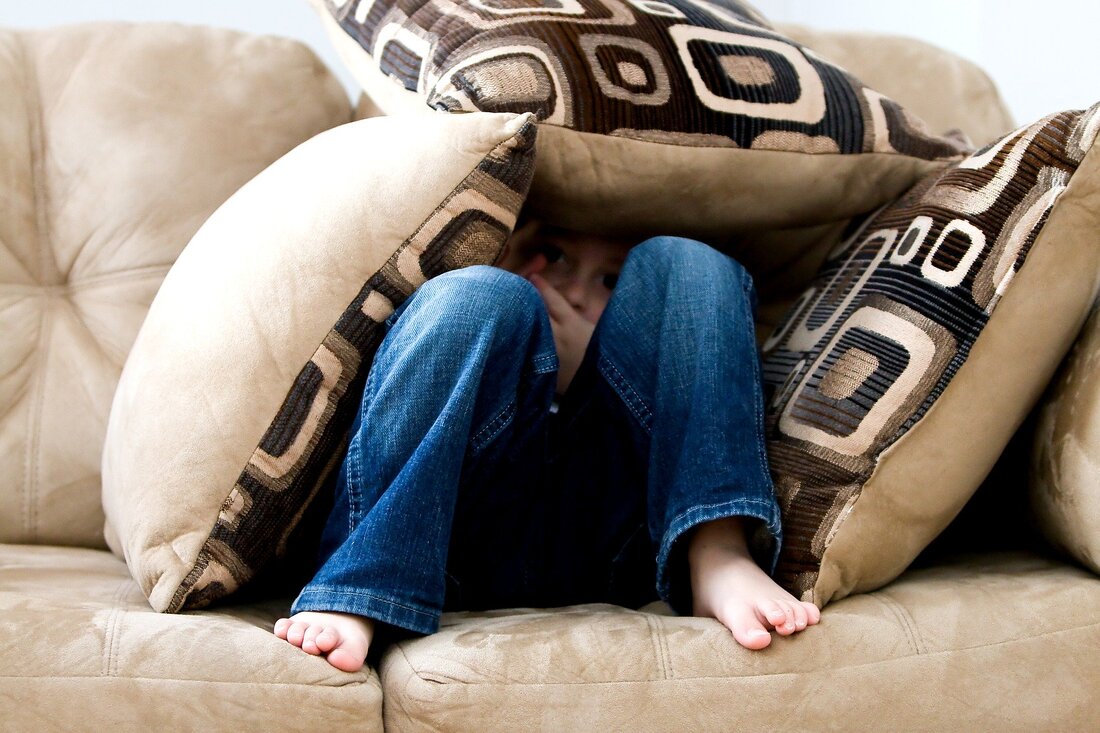




















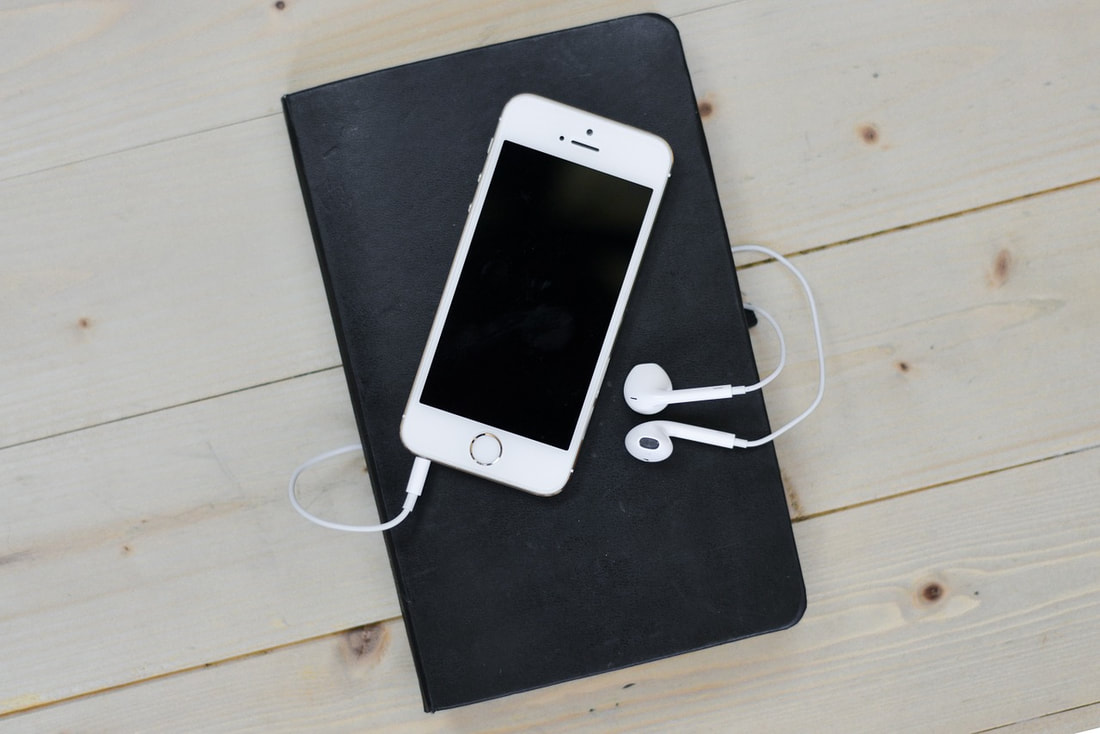
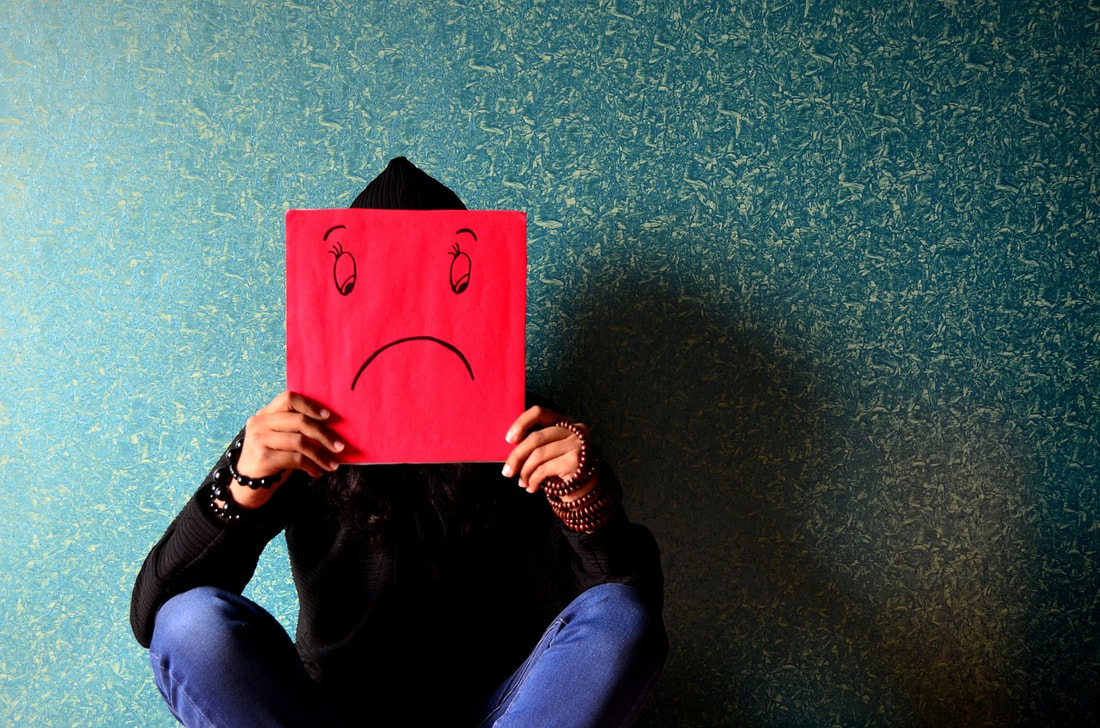

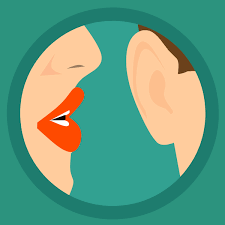




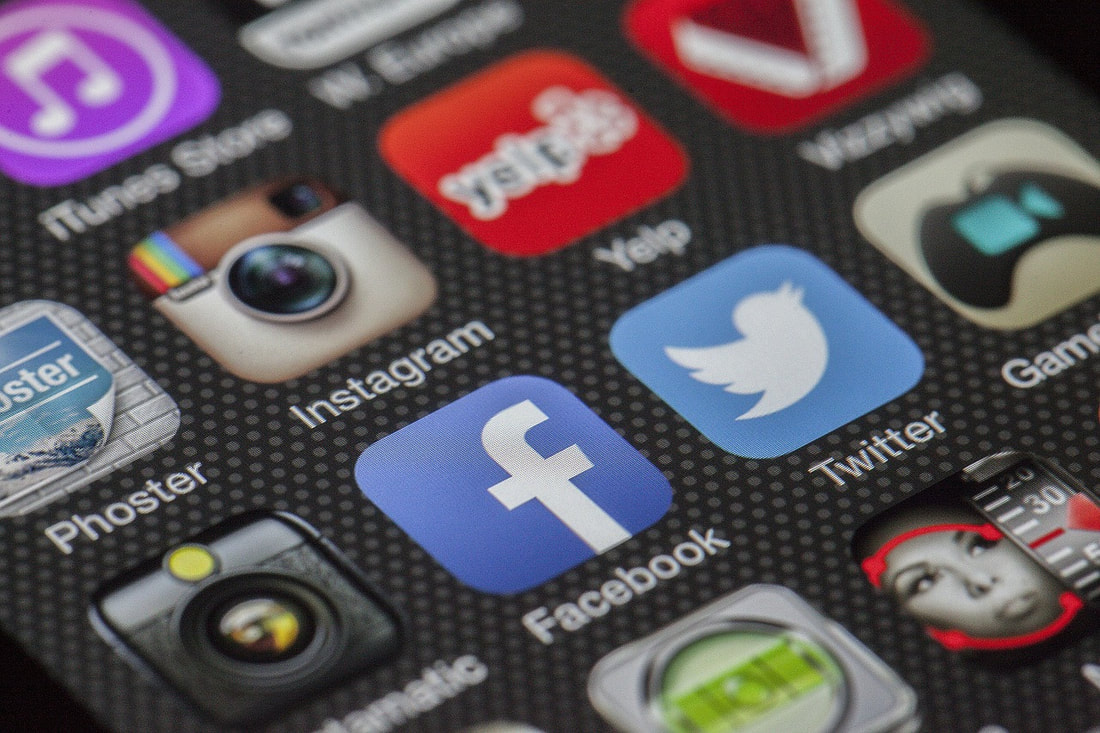




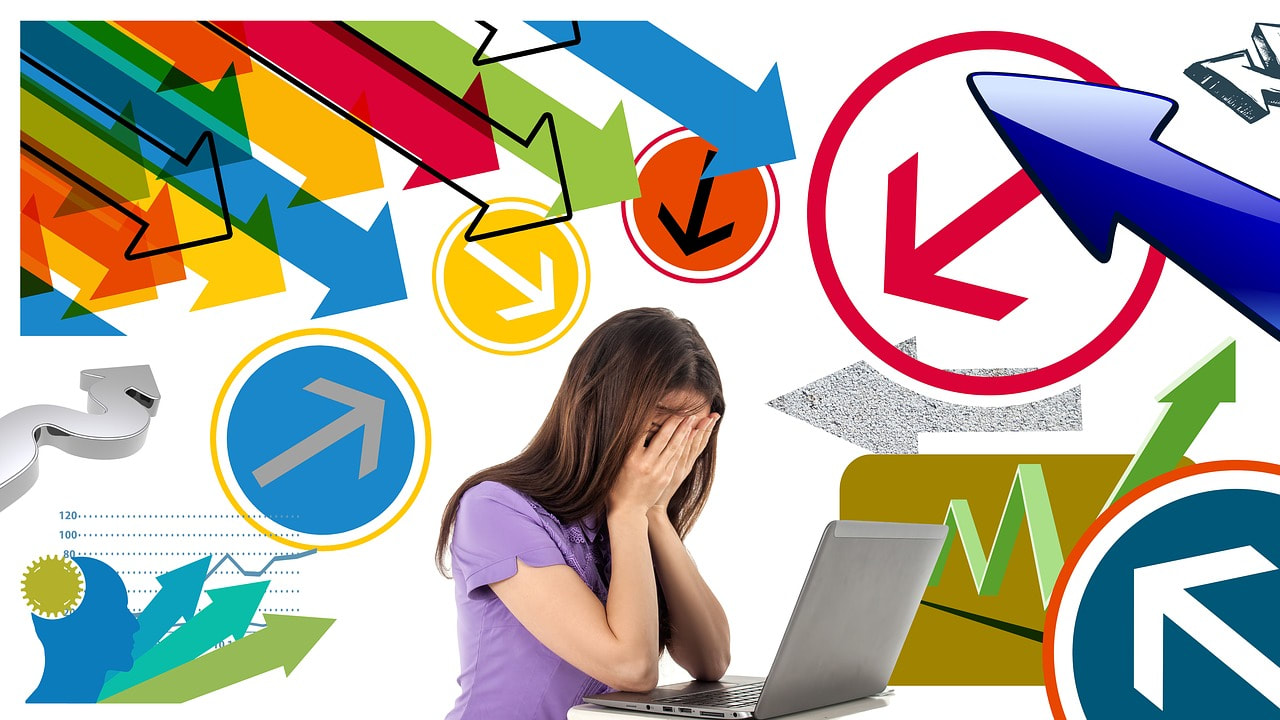

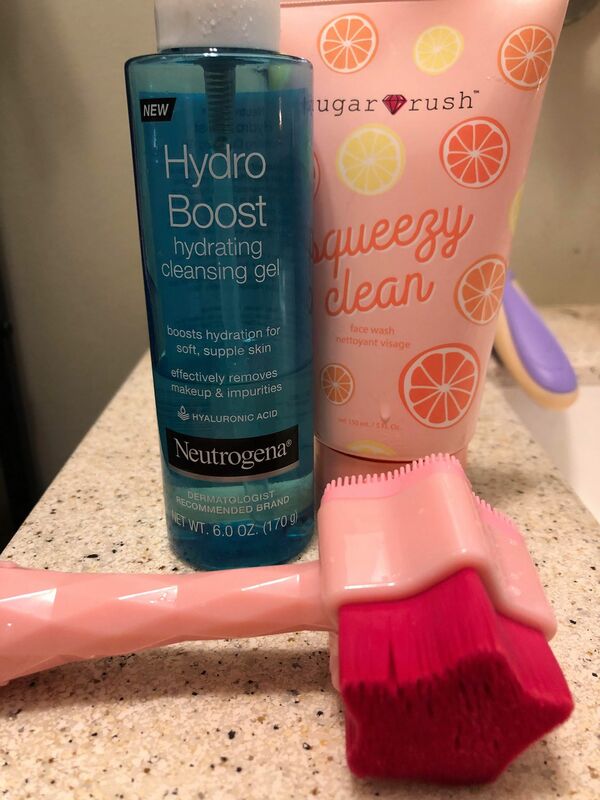
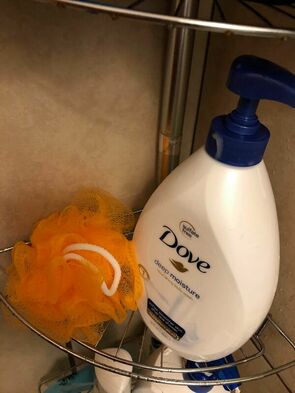



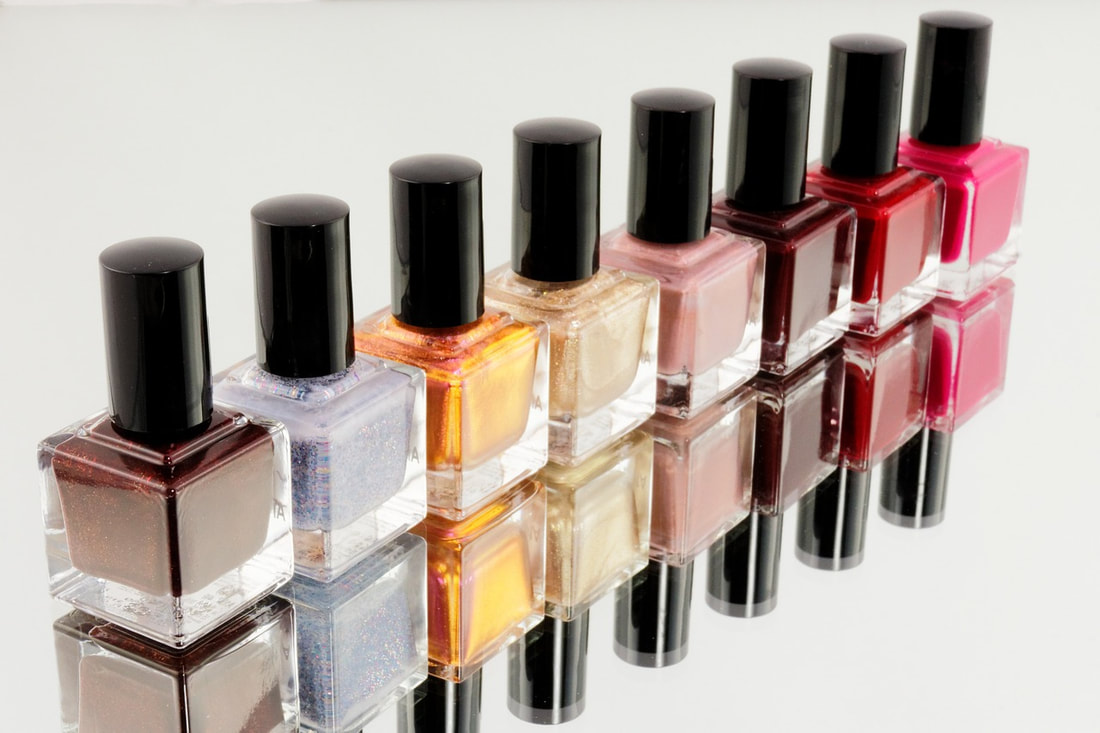
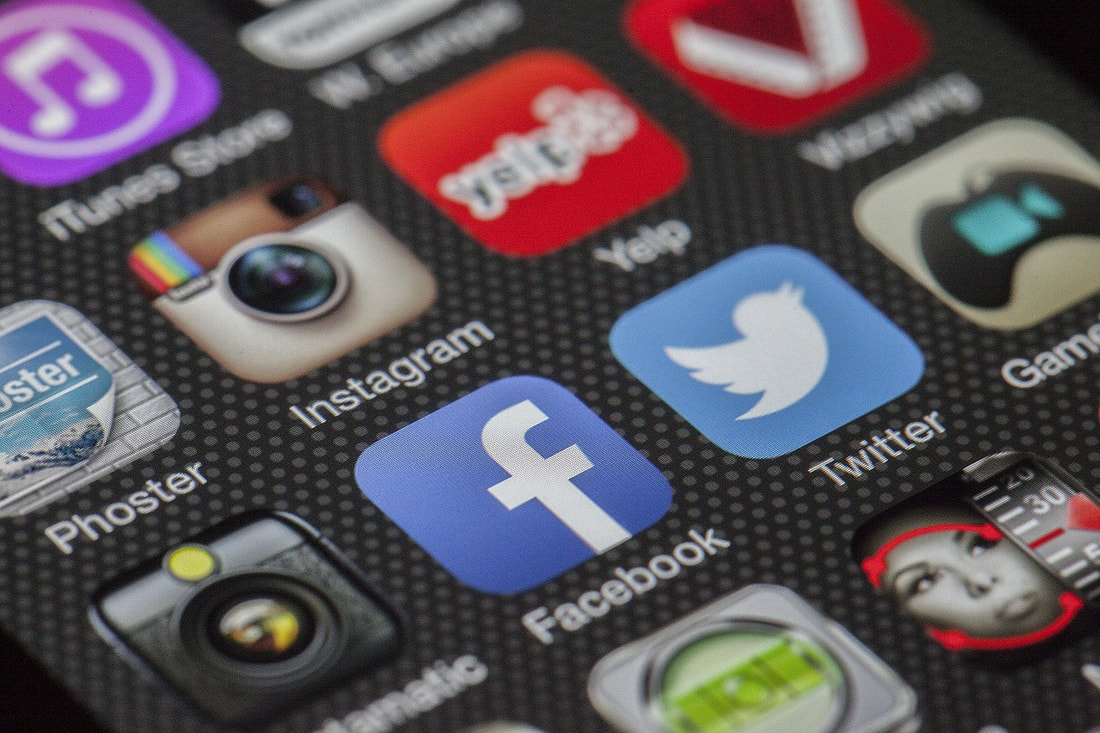

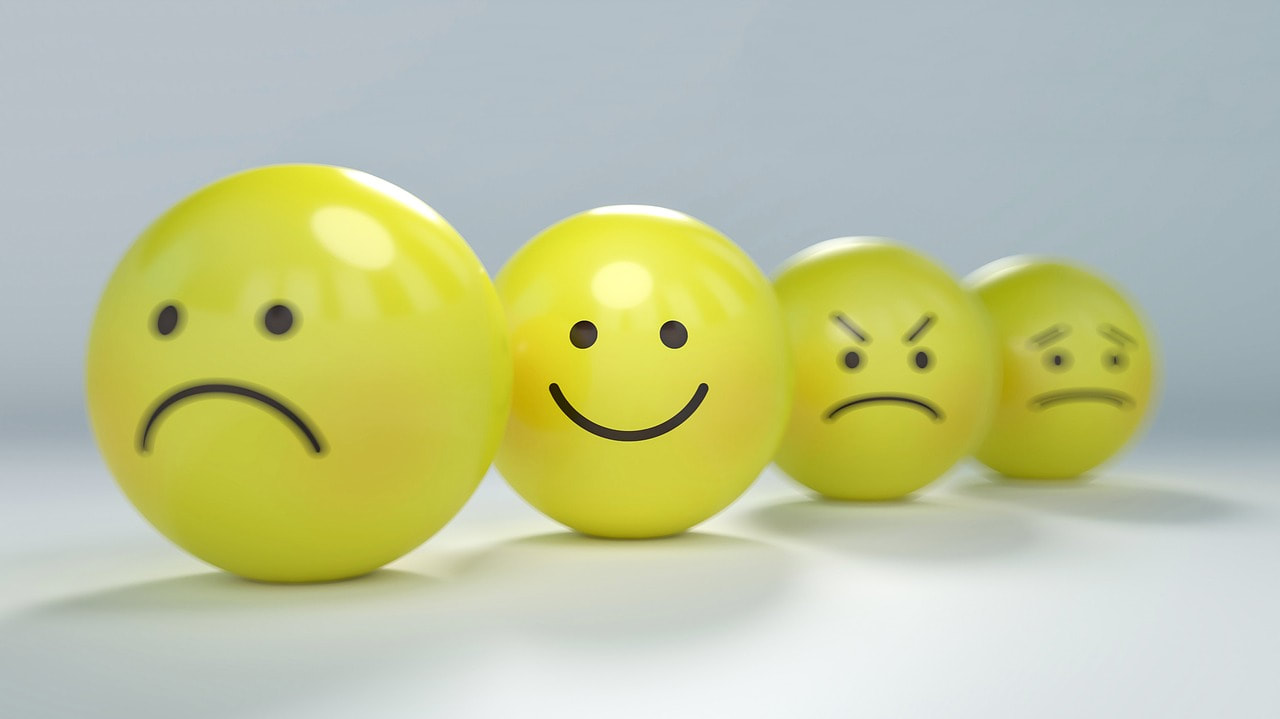



 RSS Feed
RSS Feed